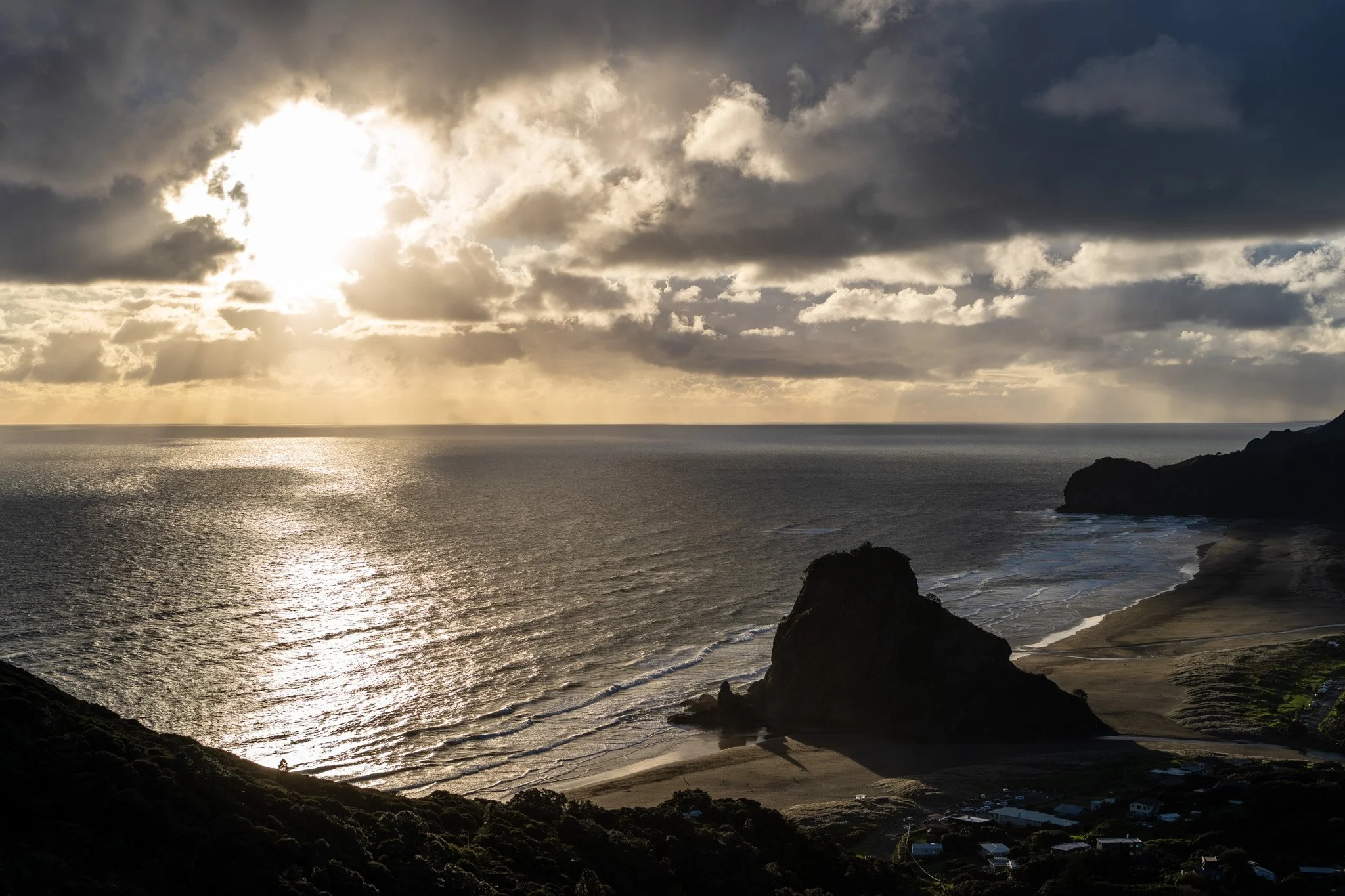Te Kawerau ā Maki, the Deed and the Joint Committee
The local board recently reviewed its stance on the proposed deed between Te Kawerau ā Maki, Auckland Council, and the Department of Conservation, which includes the formation of a Joint Committee with representatives from both Te Kawerau a Maki and the Council.
By a significant majority, the board decided to support the deed and the creation of the Joint Committee.
The proposal was consulted on, and the results were presented at the meeting. Overall, 51% of submitters supported the proposals, 39% were opposed, and 10% were neutral.
In our local board area, 54% supported and 32% opposed the proposal. Support was even higher in neighboring local board areas, with 75% of submitters from Whau and 78% from Henderson Massey in favour.
A majority of submitters from outside Auckland opposed the proposal. Given the attention it received from Newstalk ZB and two cabinet ministers, the high level of interest from outside areas is unsurprising.
The proposal has suffered some demonisation, unwarranted in my view.
Proposed Deed
The draft deed has been carefully crafted. It includes a recital of the history of Te Kawerau ā Maki's relationship with the Waitakere Ranges. It is impossible to read this without realising the enormity of the loss that this iwi has suffered.
Much of the Ranges was acquired by the Crown without Te Kawerau ā Maki's involvement or consent.
Over the decades, Te Kawerau ā Maki's land ownership was lost, and its way of life was compromised by various measures and developments.
Despite this history, Te Kawerau ā Maki has maintained a living connection to the Waitakere Ranges.
The deed is mandated under section 29 of the Waitakere Ranges Heritage Area Act 2008.
There has been some debate about whether entering into the deed is mandatory. The repeated use of the word "will" suggests some element of compulsion, as long as the parties can agree to the terms.
The Act is clear about the purposes and powers of the deed. It can only relate to public land managed by Auckland Council or the Department of Conservation. It cannot relate to any water. It does not "affect the lawful rights or interests of any person" or grant or create any estate or interest in any land referred to in the deed.
Its purpose is to "identify opportunities for contribution by tangata whenua to the management of the land concerned by the Crown or the Council."
The draft deed faithfully follows the provisions of the Act and clearly records the statutory limitations. It outlines opportunities for contribution, including the joint development of a strategic plan for the area and joint development of work programmes to achieve the strategic plan outcomes. Additionally, it proposes that the parties engage in joint monitoring of strategic plan outcomes to support the five-yearly monitoring report required by the Act.
The deed urges the parties to commit to working together in a spirit of mutual trust and respect for Te Tiriti.
It also records several exceptions that, at least legally, are not or should not be contentious.
This deed is clearly important to Te Kawerau ā Maki and aligns with the provisions and intentions of the Heritage Area Act. I do not understand the opposition to it and find that when it is explained to locals, there is increased acceptance and support for the deed.
Proposed Joint Committee
The joint committee is staff's recommendation to give Te Kawerau ā Maki proper involvement in decisions that may affect the Parkland. Different options were considered, and in-house solutions were deemed suboptimal, a view I share.
The joint committee offers significant benefits. It will elevate the importance of the Heritage Area. Public input and accountability will be improved through open meetings, published agendas, and potentially outreach sessions.
The committee can act as a champion for the Heritage Area, highlighting issues it faces and what is needed to protect and enhance its environment.
Three things the committee is not:
It is not co-governance. It is a subcommittee. The Council remains in control.
It is not an extra cost. Staff advice is that existing budgets can be utilized during the initial period of operation.
It does not and will not affect private land or planning rules.
As noted in the report "[c]urrently, there is no single, comprehensive, and long-term plan that is specific to the entire Heritage Area." The deed and the proposed committee provide a solution to this problem. Te Kawerau ā Maki, with their deep history and strong sense of kaitiakitanga over the area, are worthy parties to the deed and members of the committee.
Ko Te Wao Nui ā Tiriwa te ngahere au Te Kawerau ā Maki.
Let Te Kaunihera o Tāmaki Makaurau respect this.
